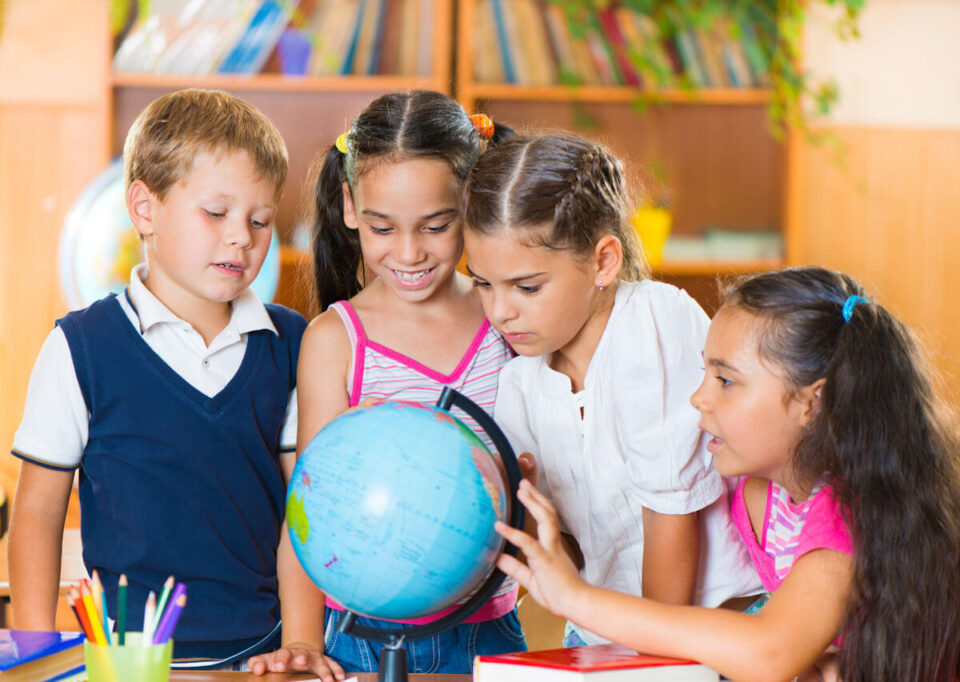Children have a special chance to develop outside of their classroom hours between the end of the school day and their return home. Although formal education emphasizes cognitive development, after-school programs are essential for developing social and emotional skills qualities equally important for a child’s whole development and future success. They can investigate new hobbies, interact with friends from many backgrounds, and interact with helpful adults outside of the conventional classroom environment in these organized but laid-back settings. Children’s flexibility to choose activities combined with a less formal environment lets them try out social contacts, gain confidence, and grow personally. Such chances abound, for instance, thanks to initiatives like https://lolatots.com/brooklyn/after-school-programs/
Developing Social Bonds
Children can practice social skills, including this common ground, which helps them to communicate and cooperate more easily and lets them practice:
- Working together toward a shared objective such as finishing a project or winning a game helps youngsters to understand the need for compromise and teamwork.
- Children who interact with many personalities and grasp several points of view grow to be sympathetic and respectful of the opinions and feelings of others.
- Development of the social intelligence required to negotiate relationships all through life depends on these interactions.
- Any group environment will inevitably generate conflict. Rather than avoiding problems, after-school programs give kids safe environments where they could learn positive strategies to resolve them.
promoting emotional intelligence
A child enrolled in a theater program, for instance, gains knowledge of how to portray a spectrum of emotions through acting; an athlete gains control of frustration following a loss or euphoria following a win. Support individuals who also teach coping mechanisms and encourage self-regulation lead children’s emotional experiences; these include mentors, coaches, and instructors. These programs provide children a safe environment free from academic achievement pressure so they may experience a spectrum of emotions free from pressure, therefore enhancing their self-awareness and emotional resilience. Offerings like https://lolatots.com/brooklyn/after-school-programs/ Clearly provide this kind of loving environment. Children learn to tenaciously adapt and bounce back from disappointment whether they are losing a game, struggling with a musical piece, or running across challenges in a creative project. The motivating surroundings help kids to see mistakes as teaching moments instead of failures.
Promoting Ethical Decisions
Children may be in charge of their tools on a sports team, schedule their time in a homework club, or help groups make decisions in a community service project. Though sometimes little, these obligations teach youngsters the value of careful decisions and the results of their activities. They pick up values including discipline, dedication, and the effect of their actions on other people. Children who apply responsibility practically grow into more independent and conscientious people ready to make wise decisions in all spheres of their lives.

